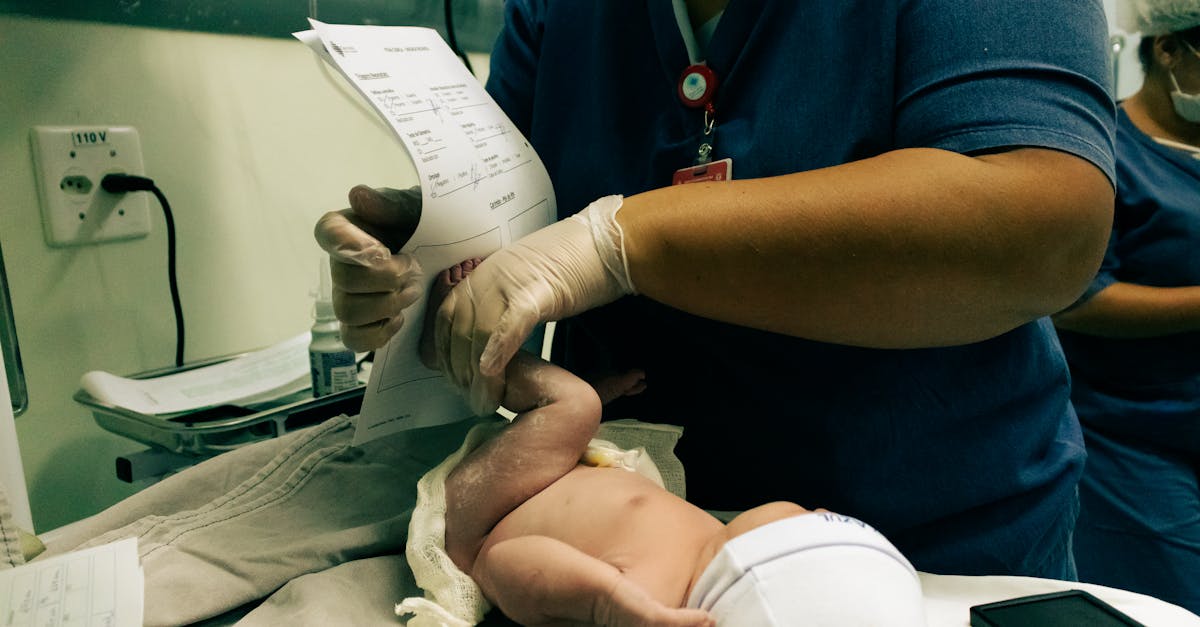Published on:
7 min read
Postnatal Care Unveiled: Key Strategies for Healthy Motherhood
Postnatal care is crucial for new mothers, helping them adjust to motherhood and prioritize their health. This post outlines essential strategies for physical and emotional recovery during this transformative period.

Understanding Postnatal Care
Postnatal care refers to the support provided to new mothers during the weeks and months following the birth of their child. This phase is a critical time for physical recovery, emotional adjustment, and establishing a bond with the newborn. New mothers often experience a variety of physical changes, hormonal fluctuations, and emotional challenges. Understanding the importance of postnatal care is the first step in ensuring a mother’s well-being during this period. Healthcare professionals recommend regular check-ups to monitor recovery, address any complications, and provide guidance on breastfeeding and infant care. Support systems, both from family and medical staff, play a vital role in making this transition smoother.
Nutritional Essentials for New Mothers
Nutrition plays an integral role in postnatal recovery. A well-balanced diet rich in vitamins, minerals, and essential nutrients can significantly impact a new mother's healing and energy levels. Foods high in protein, such as lean meats, legumes, and dairy, are crucial for repairing tissues and producing breast milk. Additionally, incorporating fruits and vegetables provides essential antioxidants and fiber, which can aid in digestion and overall health. Hydration is equally important, especially for breastfeeding mothers; drinking plenty of water can help maintain milk supply and prevent fatigue. New mothers should also consider consulting with a nutritionist for personalized dietary advice that aligns with their physical needs during this period.
Emotional Support: A Pillar of Postnatal Care
Emotional well-being is just as important as physical health during the postnatal period. New mothers often face challenges such as postpartum depression and anxiety, which can be exacerbated by lack of sleep and overwhelming responsibilities. Establishing a strong support network is crucial for mental health; this can include family, friends, and professional counselors. Engaging in open communication about feelings and experiences with fellow mothers can also provide comfort and understanding. Mindfulness and relaxation techniques, such as yoga and meditation, can help in managing stress. Remember, it’s okay to ask for help and to prioritize one’s mental health alongside caring for the baby.
Conclusion: Prioritizing Holistic Well-Being
Postnatal care is a multifaceted approach that encompasses physical, emotional, and nutritional aspects of recovery. By prioritizing these key strategies, new mothers can foster a healthier transition into motherhood. Remember that each journey is unique, and seeking help is a sign of strength. Embrace this transformative time with the support and care you deserve.
Published on .
Share now!










